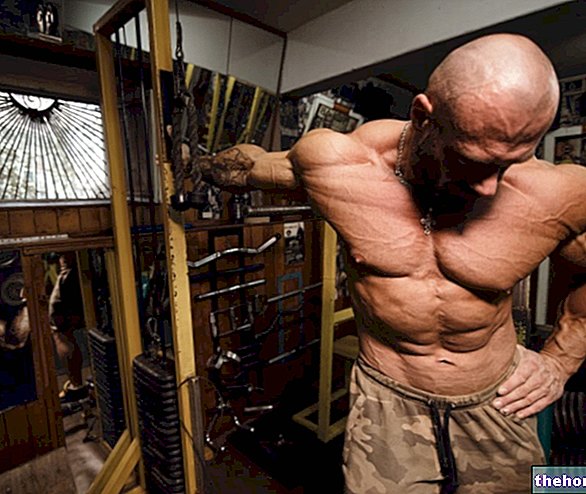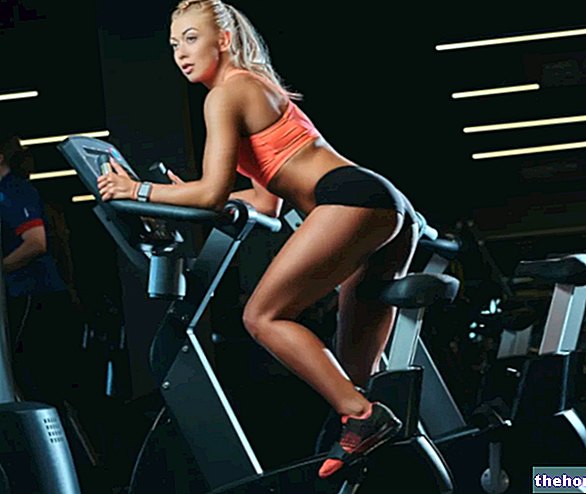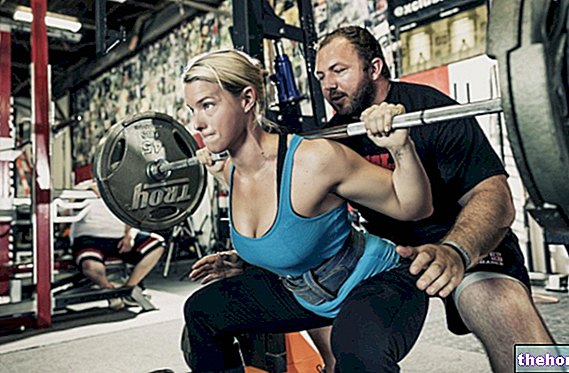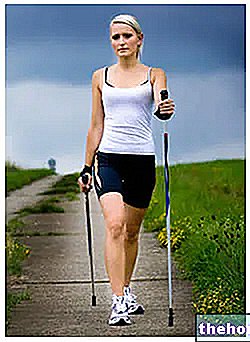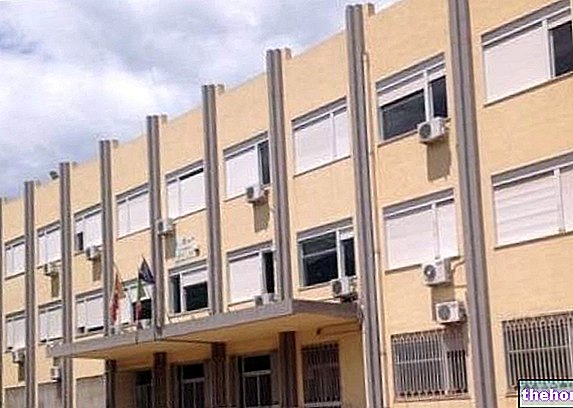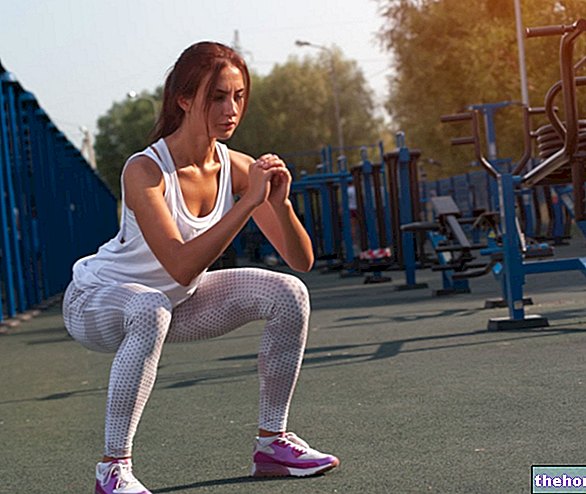"The life of an individual is the life of his body". Alexander Lowen
"Nothing is in the" intellect that was not previously in the senses "Aristotle (383-322 BC)
Alberto Oliverio, in his book "The mind, instruction for use" states: "Losing control over one's body means, consequently, losing control over one's thoughts and emotions." Prof. Cecilia Morosini, professor in clinical neurology and rehabilitation at the Bicocca University of Milan, adds: "Any mental illness, psychotic or neurotic, breaks the psychic and bodily unity. In such cases, the first thing to do would be to restore "bodily unity" to the subject.

Actions and movements play a central role in the processes of mental representation, starting from the embryonic stage; The embryo, in fact, is above all a motor organism. In the embryonic, fetal and early childhood phases, action precedes sensation: reflex movements are performed and then they are perceived. The motor functions and the body, considered in many cultures as inferior entities and subordinate to cognitive activities and the mind, are instead at the origin of those abstract behaviors we are proud of, including the very language that forms our mind and our thoughts. More than a quarter of all central nervous system structures participate directly and more than half indirectly in the planning and execution of movements.
The proprioceptive information derives from receptors dispersed throughout the organism (tendons, muscles, joints, vestibular apparatus, etc.), the knowledge of our "conformation" and spatial position depends on them; to some extent, to respond to the question "who am I?", it is also necessary to answer the question "where am I?".
Stress involves muscular tension (muscular defenses), both acute and chronic, and this can block the state of well-being. Initially the voluntary musculature is affected, subsequently the contraction becomes chronic, therefore unconscious, and affects the involuntary musculature. The muscle remains contracted no longer having the energy to expand. Not only that, a group of muscles in tension exerts an influence on other muscles, both for a muscular (biomechanical) and a nervous factor (excited neurons excite neighboring ones). This may involve postural alterations which, in turn, through the tensegrity network formed by the connective system, will affect the whole organism and will be able to generate, over time, innumerable musculoskeletal and organic dysfunctions.
The muscular system also constitutes a high priority system: when it is activated, the other systems, such as those responsible for the perception of sensations, attention, cognitive activities, etc., are in a state of relative blockage, as this state is linked the execution of actions important for survival, such as escape, attack, search for food, a sexual partner, the nest. Any convulsive and rapid physical activity blocks the senses. will appreciate the taste, if we are used to clenching fists or jaws our body will hardly be truly relaxed, our mind will hardly perceive the sensations with the same intensity as true states of relaxation. Activate the muscles as if a movement were to occur, it therefore means involving other muscles, reducing the flow of sensations and ideas.
From all this, the need for proper physical exercise for overall health is evident.
The positive action of physical activity lies in its contribution regarding: relaxation of muscular and therefore psychic tension, restoration of autonomic control and the correct sleep / wake cycle, normalization of blood pressure, improvement of metabolism and breathing, strengthening of the immune system , increased release of endorphins, improved proprioceptive ability and motor coordination. On the contrary, "strenuous physical activity causes" an illusory feeling of relief that is usually only momentary: in practice, it is like adding additional stress (psychic and physical) to the already existing stress. A walk immersed in nature is, in all probability, a very useful physical activity in case of stress.
These are modern discoveries but probably already intuited thousands of years ago. Eastern techniques such as "qi gong" ("energy work") and "tai ji quan" ("long life gymnastics") and western techniques such as Alexander, Feldenkrais, Mentastica, TIB Postural Gymnastics etc. are just some examples of specific methods. able to successfully contribute to the restoration of physical, intellectual and affective faculties.
Edited by Dr. Giovanni Chetta
Other articles
- Stress and psychic tension
- Stress and well-being
- The stress reaction or response
- Stress and well-being: alarm and resistance
- Birth of psychoneuroimmunology
- Consequences of chronic stress
- The 5 stages of chronic distress
- Stress management
- Stress and cellular life
- Stress and nutrition
- Stress and neuroassociative conditioning
- Stress and Wellness - Mental Advice
- Stress and psychology well-being
- Stress and well-being - Bibliography

